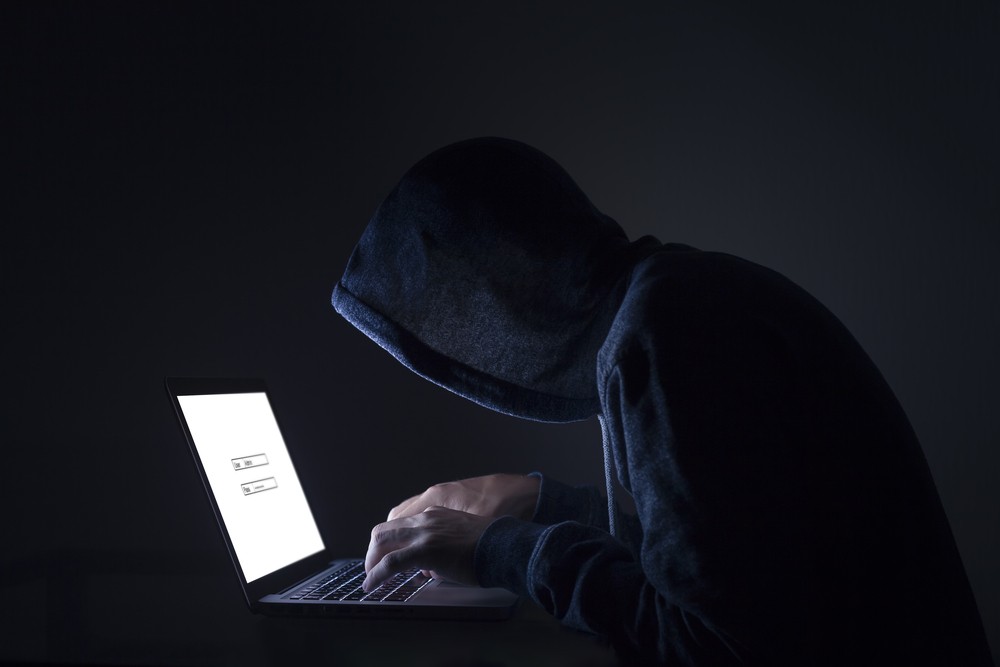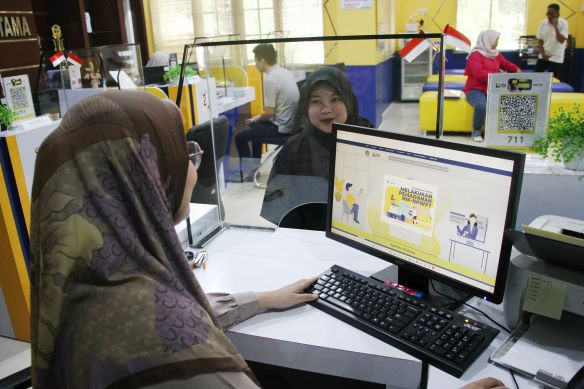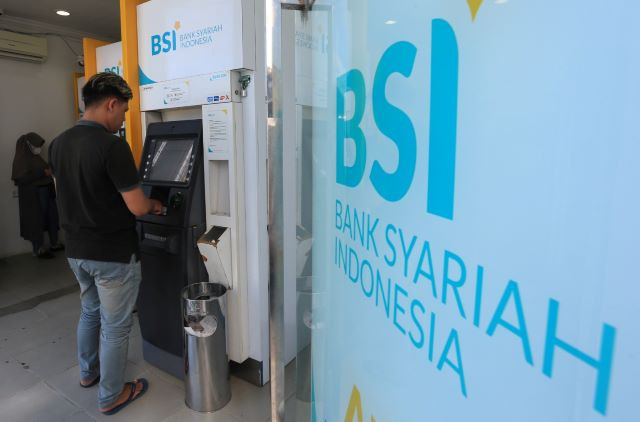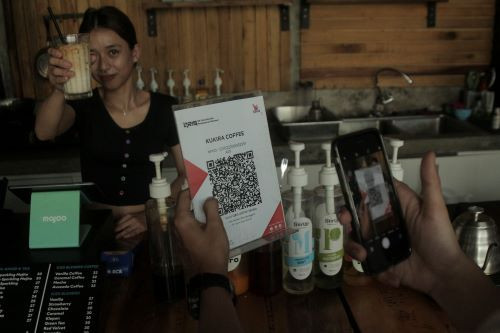Freedom of speech in cyberspace
Some activists and advocates of freedom of speech are often very wary of strong moves by the state to shut down websites or investigate inflammatory social media accounts.
Change Size
 Some activists and advocates of freedom of speech are often very wary of strong moves by the state to shut down websites or investigate inflammatory social media accounts. (Shutterstock/File)
Some activists and advocates of freedom of speech are often very wary of strong moves by the state to shut down websites or investigate inflammatory social media accounts. (Shutterstock/File)
A
recent dialogue with a colleague triggered a point to ponder. Were recent police moves against Islam Defenders Front (FPI) leader Rizieq Shihab and the banning of his social media accounts violations or restrictions of freedom of speech?
Some activists and advocates of freedom of speech are often very wary of strong moves by the state to shut down websites or investigate inflammatory social media accounts. They say they fear that such moves will set a bad precedent for banning any dissent (including legitimate ones) against the government for the sake of “security and stability”.
Personally, as a researcher I find the moves against “firebrand” preachers and individuals to be legitimate even from the most liberal democratic perspective. The only problem regarding the measures taken by the government and police is the legal framework they work within.
Our legal framework covering freedom of speech and regulations surrounding speech, verbal or virtual, is practically a big hot mess.
Indonesia enacted a freedom of expression and assembly law in 1999. It also ratified the International Covenant on Civil and Political Rights (ICCPR). However, most of the laws that are associated with expression in any form are messy, to say the least.
This problem reaches a wide range of issues that by theory and logic cannot be regulated. Amongst the many, one has to start with the problematic Blasphemy Law. Many other regulations include provisions based on the ridiculously vague Blasphemy Law articles.
One of the most recent laws is the 2008 Information and Electronic Transaction (ITE) Law, which was amended last year. The Centre for Strategic and International Studies (CSIS) is conducting research and its early findings show that the law has “become a favorite tool” of political and economic interests to attack their opponents. It did not regulate the “internet” or more precisely Indonesian cyberspace coherently at all.
This ITE law includes defamation articles and articles that criminalize co-called blasphemy. In it the two “batons”, a duo blasphemy and defamation article, had been used to silence dissent.
One immediately remembers the case of Prita Mulyasari, who stood trial for criticizing Omni Hospital in an email circulated among her friends. The ridiculousness does not end there. A housewife, Wisni Yetti, was prosecuted for filing for divorce (because of spousal violence) for “adultery”, with the lawyers using her private Facebook messages as evidence under the ITE Law.
Luckily Wisni was declared not guilty, but the point is the fact that the law even brings cases to court, hence showing how the law can always be used to oppress anyone no matter how ridiculous the allegations. The core problem with this extremely precarious legal framework being politicized is the lack of clear conceptual differentiation by the government as the executors and legislators as the drafters of the laws. The current legal framework cannot separate matters that can be regulated and things that cannot or should not be regulated.
A clear example is blasphemy. In political and philosophical arguments blasphemy, the interpretation and protection of religious teaching, is impossible and dangerous. Ideas and religious concepts, as well as beliefs, cannot be protected. People, groups and individuals, should be protected, but not ideas and beliefs.
The practical implication of this problem is crystal clear. Just look at what the Blasphemy Law and its extension in the ITE Law have done. First it allowed the prosecution of the leaders of the Sampang Shiites and the Cikeusik Ahmadi group for incitement, although in reality they are victims of violence.
Now, we see how the ITE Law and the Blasphemy Law in tandem had been used for very political purposes to attack opponents (see the Jakarta 2017 elections).
Also, now we see a plethora of legal attacks going berserk all over the place. Rizieq is under investigation on multiple counts, from insulting Pancasila to blaspheming against Christians. These things would have not happened if the political climate was different. The point is the duo of the blasphemy and ITE laws can be used in any way without a clear reference point or concept. That is why it is such a favorite stick for political and economic conflict entrepreneurs to use.
Back to the Rizieq case: Is it legitimate and dangerous for the government to move to “shut him down”? Yes and no. It is dubitable to prosecute and close social media accounts and associated websites while the only legal basis is simply a ministerial regulation that is open to change and interpretation.
It is, however, by theory legitimate to move to silence Rizieq and his group because it is very clear that he had on hundreds of occasions in various media expressed either verbal hatred or virtually incited hate toward particular groups, individuals and the government.
The solution to this is that the government has to apply clear conceptual frameworks to its laws. The first thing it has to do is to sift through laws that regulate “unregulatable” things like blasphemy, interpretation and belief. It should find issues that should be regulated like hate speech and maybe insults.
The crazy thing is, the most important issue is that the authority to regulate hate speech at this point of time in Indonesia is only on the level of a police instruction, whereas this critical issue should be at least on the level of law. We do have the Law on the Elimination of Racial and Ethnic Discrimination (PDRE), but it has been left in the dust. The law is not clear enough about prosecuting hate speech either.
The ICCPR, which Indonesia has ratified, conceptualizes hate speech in very clear ways that leave less to be open to interpretation to be utilized politically. It protects individuals and groups from hate speech. This is the provision in Article 20(2): “Any advocacy of national, racial or religious hatred that constitutes incitement to discrimination, hostility or violence shall be prohibited by law.”
It is clearly stated that we would not be able to accuse Deden Muljana (Ahmadiyah) or Tajul Muluk (Shia) of inciting a conflict. It is the hate speech that precedes violent attack that has to be criminalized.
Hopefully the government revamps this problem before political issues tear down the country using these “two horns” of the blasphemy and ITE laws.
---------------
We are looking for information, opinions, and in-depth analysis from experts or scholars in a variety of fields. We choose articles based on facts or opinions about general news, as well as quality analysis and commentary about Indonesia or international events. Send your piece to community@jakpost.com. For more information click here.









